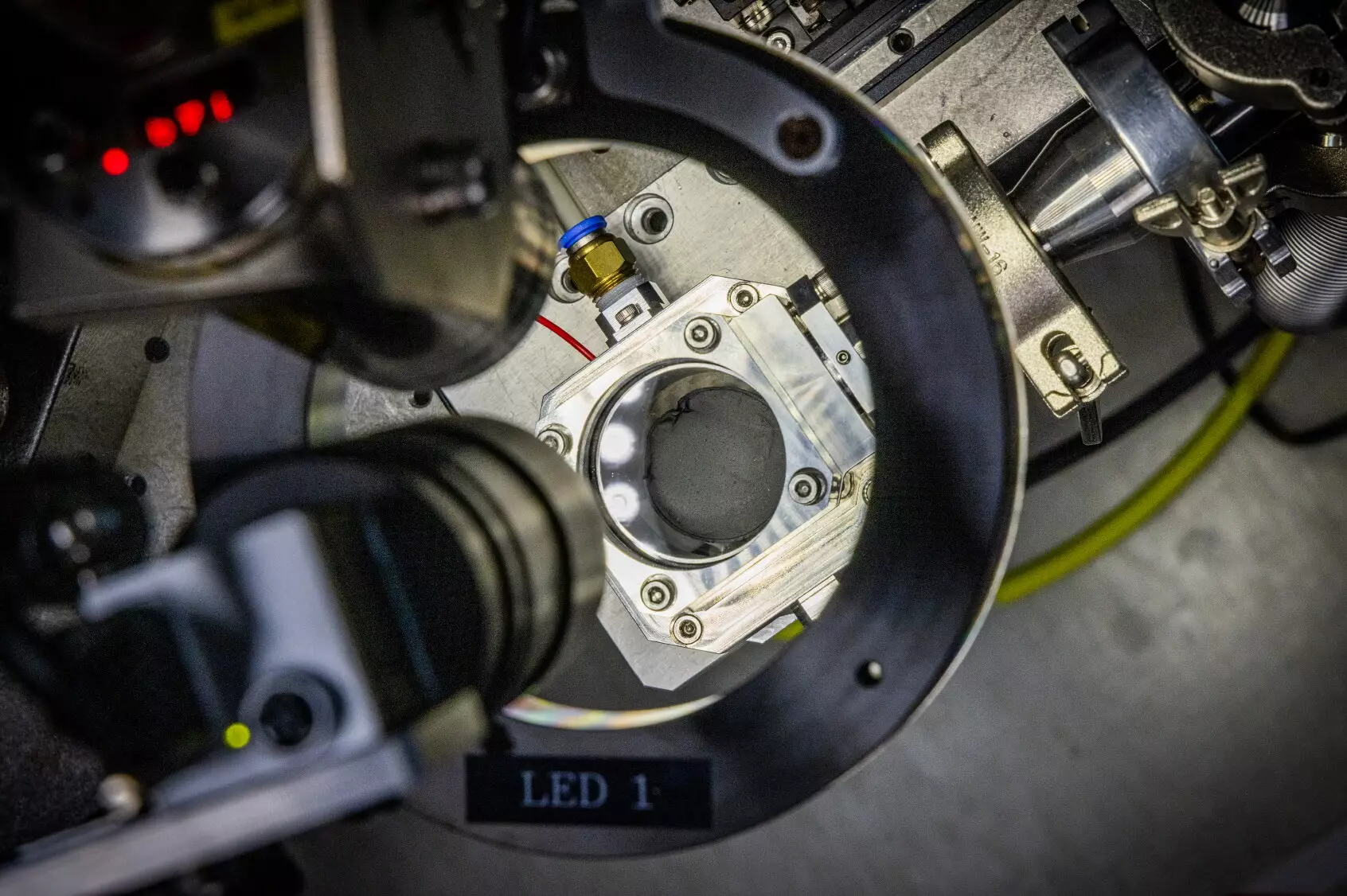In a world increasingly striving for sustainable energy solutions, sodium-ion batteries are emerging as a compelling alternative to traditional lithium-ion systems. The advantages of sodium (Na), which is not only abundantly available but also significantly easier to refine and extract compared to lithium (Li), position it as a favorable candidate for next-generation battery technology. With applications ranging from electric vehicles to renewable energy storage, understanding the nuances of sodium-ion technology and its challenges is crucial for potential commercialization.
Sodium-ion batteries demonstrate several appealing characteristics, such as enhanced electrochemical stability due to sodium’s lower reactivity and performance retention in lower temperatures. However, these batteries also grapple with limitations such as lower energy density and reduced lifespan, particularly when compared to their lithium counterparts. These downsides largely stem from the complexities involved in manufacturing these batteries, primarily focusing on the need for hard carbon anodes. The larger size of sodium ions necessitates the use of materials with greater interlayer spacing than traditional graphite, which presents additional challenges in material synthesis.
The current carbonization process for these anodes poses economic and environmental hurdles, requiring temperatures over 1,000°C and prolonged heating in oxygen-free settings. This intricate method primarily utilizes hydrocarbon materials derived from plant matter and polymers, complicating both the manufacturing process and the overall environmental footprint associated with sodium-ion battery production.
Researchers at the Korea Electrotechnology Research Institute (KERI) have discovered an inventive way to expedite the preparation of these hard carbon anodes through microwave induction heating. Under the leadership of Dr. Daeho Kim and Dr. Jong Hwan Park, this pioneering approach significantly reduces production time from several hours or days down to merely 30 seconds, enabling the rapid synthesis of hard carbon suitable for sodium-ion batteries.
By using a composition of polymers blended with conductive carbon nanotubes, the team can generate localized heating within the material. This method, reminiscent of how common microwave ovens operate, employs a microwave magnetic field that induces current in the carbon nanotubes, heating the material to a temperature exceeding 1,400°C in a fraction of the time compared to traditional methods. This innovative technique could prove pivotal in addressing the current limitations of sodium-ion battery manufacturing.
Central to their success is a unique “multiphysics simulation” that provides insights into the electromagnetic interactions occurring at the nanoscale when exposed to microwave fields. This deep understanding leads to informed adjustments in the heating process, ultimately refining the production of anode materials. The study, published in the esteemed Chemical Engineering Journal, underscored the contributions of student researchers Geongbeom Ryoo and Jiwon Shin, highlighting the collaborative spirit between academia and research institutions.
Dr. Park emphasizes the critical impact of their work in response to recent safety concerns related to lithium batteries, particularly in electric vehicles. There is a noticeable shift in industry focus toward sodium-ion alternatives that promise greater stability and efficacy in varying environmental conditions.
Looking ahead, the KERI team is focused on enhancing the performance of their hard carbon anodes and exploring avenues for mass production of these materials. Their microwave-induced process could extend beyond sodium-ion batteries, potentially unlocking new possibilities in all-solid-state battery technologies, which rely on high-temperature sintering methods.
With a domestic patent already filed, they expect to attract significant interest from companies involved in energy storage solutions, paving the way for potential partnerships aimed at industry applications. The ease and efficiency of this novel process may very well redefine the landscape of battery production.
The advancements in sodium-ion battery technology, particularly the rapid fabrication of hard carbon anodes via microwave induction heating, signify a vital step toward sustainable energy storage solutions. As research continues to bridge the gap in performance and manufacturing efficiency, sodium-ion batteries hold promise in addressing the energy needs of tomorrow. The insights gained from this innovative approach could propel not just the sodium battery sector but also broader applications in various energy technologies, illustrating the interconnected nature of modern scientific pursuits. The future of energy storage might just unfold from these breakthroughs, reshaping how we power our lives.

